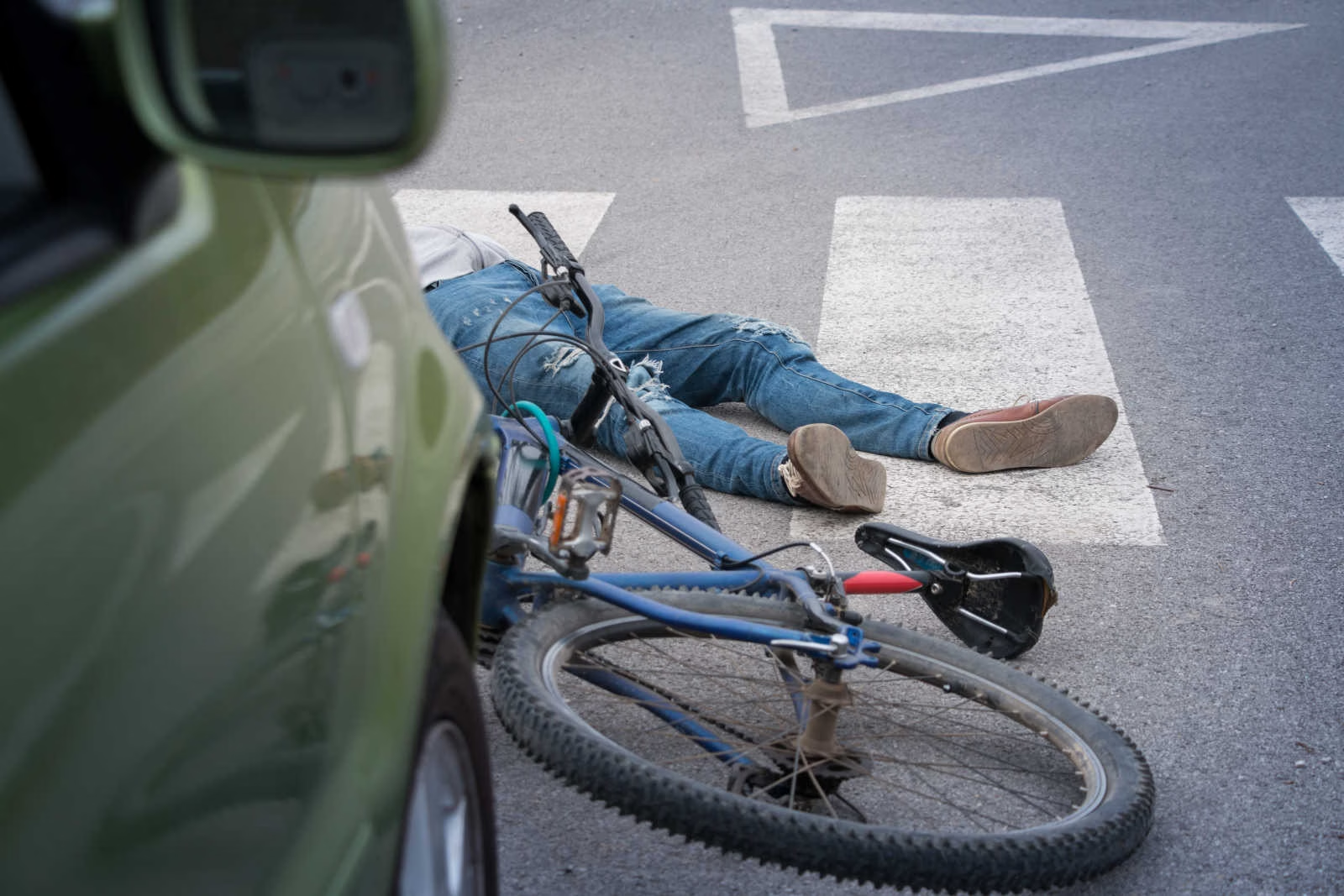Opposition MPPs sharply criticized amendments to the Ford government’s controversial bike lane bill, saying the changes would protect the province from legal responsibility if cyclists are injured or killed after lanes are removed. University-Rosedale NDP MPP Jessica Bell called the amendments in Bill 212 “heartbreaking” and warned they would lead to more injuries or fatalities. “What this means is the Conservatives want to remove themselves from any responsibility if someone is injured or killed in the future,” Bell said to the CBC. “It’s heartbreaking, because someone will be injured or killed in the future.”
Pushing laws fast to remove lanes
Premier Doug Ford and the Progressive Conservative government has been fast-tracking legislation requiring municipalities to get provincial approval before installing bike lanes that remove vehicle traffic lanes. Bill 212 also gives the province the authority to remove bike lanes on Toronto’s Bloor, Yonge, and University avenues, converting them back to vehicle traffic—moves that cycling advocates strongly oppose.
In a post-session media scrum, Transportation Minister Prabmeet Sarkaria deflected questions about whether the amended bill would shield the government from lawsuits, instead discussing traffic congestion. “We believe bike lanes should be on secondary roads,” he said to CityNews. However, Sarkaria confirmed that the bill would grant the province power to remove the bike lanes on the three major streets.
Lots of pushback from local cyclists
The debate has sparked protests across Toronto, with hundreds of cyclists gathering in recent weeks to voice their opposition to the changes. The demonstrations have drawn international attention, with a recent article in The Guardian highlighting the clash between bike lanes and car traffic. The author, Leyland Cecco, noted Ford’s criticism of bike lanes, calling them “insanity.”
Bell, concerned about the bill’s implications, posted pages of the bill on social media, noting it explicitly states that “claims arising from collisions between motor vehicles, cyclists or pedestrians … are not claims of negligence.” She warned the bill would make cycling more dangerous without improving traffic flow. “It’s very disappointing,” Bell said. “It’s going to increase the chances of someone being injured or killed on the roads.”
Click Here to Read the Full Original Article at Canadian Cycling Magazine…

